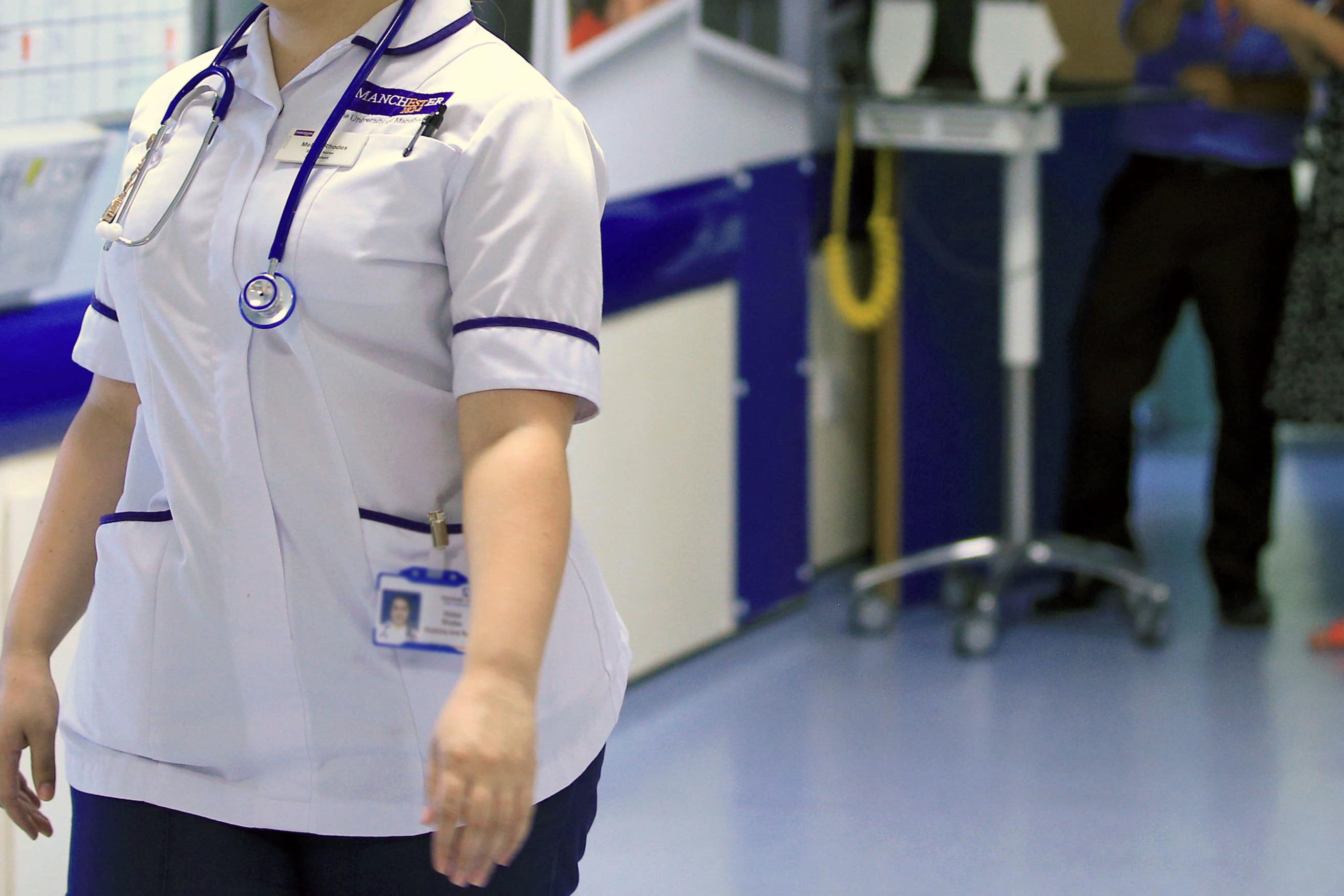NHS warned over writing to patients in English after child dies
Investigators found 34 national database incidents in one year across England related to issues of keeping track of patients

Patient safety investigators have issued a warning to the NHS over writing to patients only in English after a Romanian child died following missed cancer scans.
The three-year-old, of Romanian ethnicity, had an MRI scan delayed after they were found to have eaten food beforehand.
When the appointment for the child’s MRI scan was made by the radiology booking team, a standard letter was produced by the NHS booking system in English asking the child not to eat before the scan, despite the family’s first language being Romanian. Staff at the trust had hand-written on the patient’s MRI request sheet that an interpreter was required.
“The family recognised key details in the written information, including the time, date and location of the scan,” the report said.
“However, they were not able to understand the instructions about the child not eating or drinking (fasting) for a certain amount of time before the scan.”
The trust tried to contact the family in English by phone and email but did not receive a response.
The scan was carried out the next day and the child was diagnosed. The three-year-old received treatment but the cancer progressed and they died.
It is unclear from the report what impact the delay had on their prognosis.
The Healthcare Safety Investigation Branch (HSIB) has urged NHS England to develop and implement new rules on supplying written appointment information in languages other than English.
Staff told the HSIB that while it can be noted on the system that a patient has another language requirement, but there is no facility to have appointment information sent out in another language.
“The NHS trust’s booking system was only able to produce appointment letters in English, and there were no trust processes or policies to routinely translate written appointment information,” the HSIB said.

The HSIB investigation focused on written patient communications that are used to book patients in for clinical investigations.
It said the NHS uses either paper-based or electronic systems or a combination of the two and highlighted how different trusts had different procedures for managing bookings and scans.
The investigation found that for patients whose first language is not English there is a risk that they may not attend the appointment or they could miss vital instructions, leading to cancellations.
It also found patients are not tracked for follow-ups and appointments are not rescheduled. Investigators found 34 national database incidents in one year across England related to issues of keeping track of patients.
“In several of those cases, the patient’s treatment options and prognosis was adversely affected by the delay,” it said.
“The search showed that these incidents were reported across the country in different disciplines, indicating that this is a widespread issue and not related to a single trust.”
The HSIB said NHS staff at several trusts were told the expectation was that “a family member or neighbour” would translate letters for patients.
It further warned that information on the language needs of patients are inconsistently captured or “not recorded at all”.
The HSIB said the existing NHS Accessible Information Standard, which is designed to meet the communication needs of people with a disability, impairment or sensory loss, excludes non-English language interpretation and translation.
In responding to the report, the Equality and Human Rights Commission said the HSIB investigation highlighted a “gap that needs to be remedied urgently”.
Matt Mansbridge, HSIB national investigator, said: “Our investigation shows that the translation of written communications poses a particular risk for patients if their first language is not English.
“When compared with services provided for face-to-face appointments, the gap in provision is clear.
“Unfortunately, that gap has the potential to create delays in diagnosis – sometimes for conditions that are life-changing or life-threatening.”
In 2021, 1.5 per cent of the population in England and Wales could not speak English well and 0.3 per cent could not speak English at all, according to ONS data.
Join our commenting forum
Join thought-provoking conversations, follow other Independent readers and see their replies
Comments


Bookmark popover
Removed from bookmarks